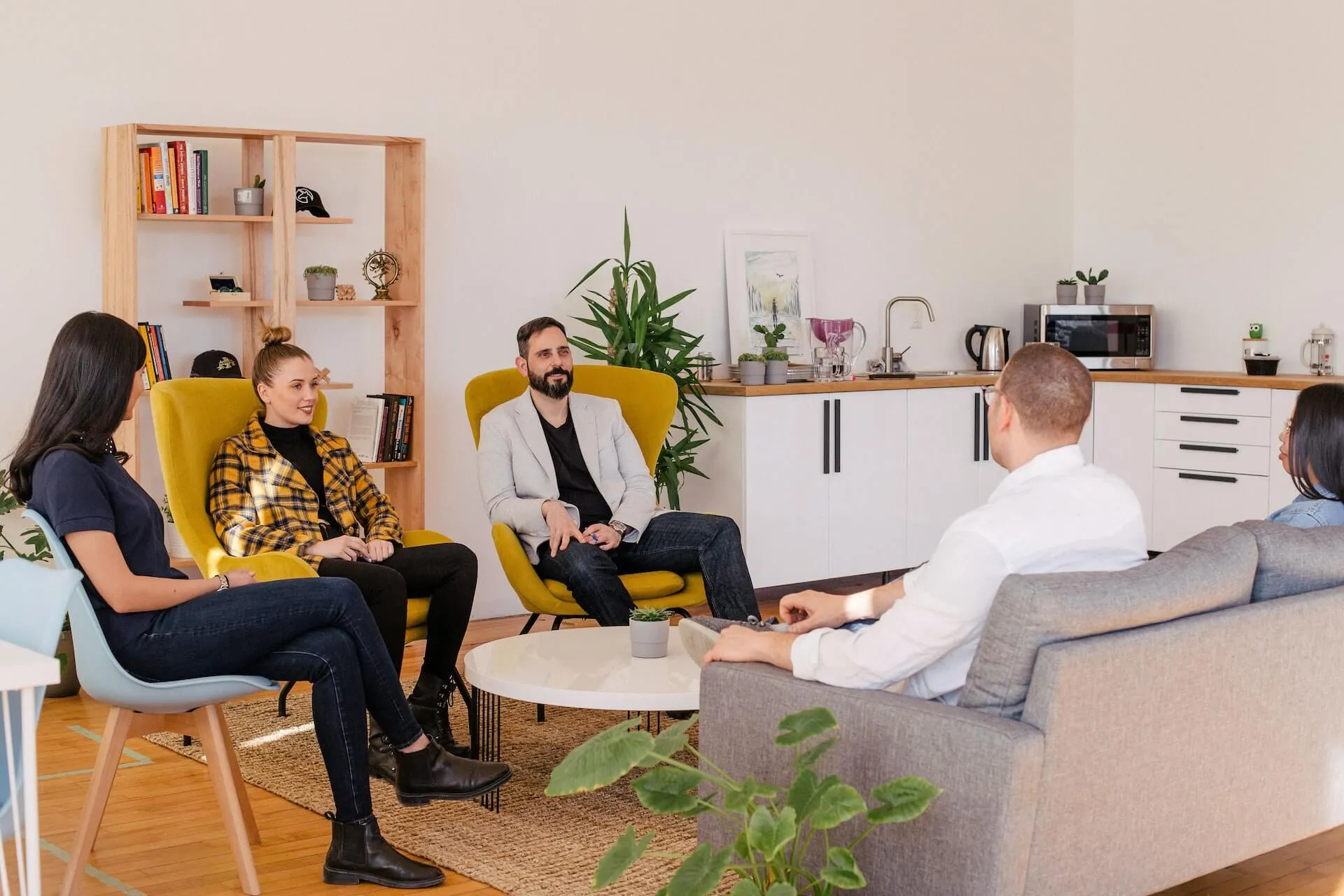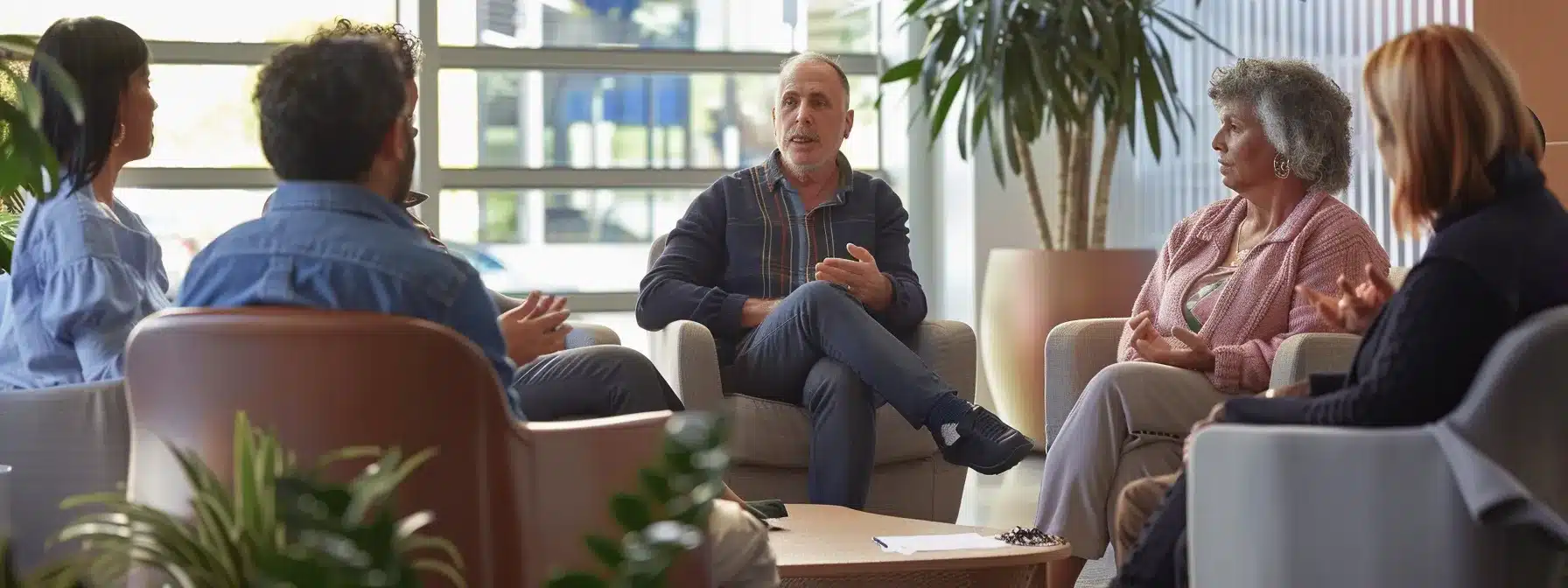24/7 Helpline:
(866) 899-111424/7 Helpline:
(866) 899-1114
Other Insurance Options
Beacon

UMR

Magellan Health

Lucent

Coventry Health Care

MVP Healthcare

CareSource

Evernorth

Aetna

WellPoint

UnitedHealth Group

Covered California

Self-pay options

Premera

Absolute Total Care

BlueCross

Providence

Multiplan

Health Net

Health Partners












